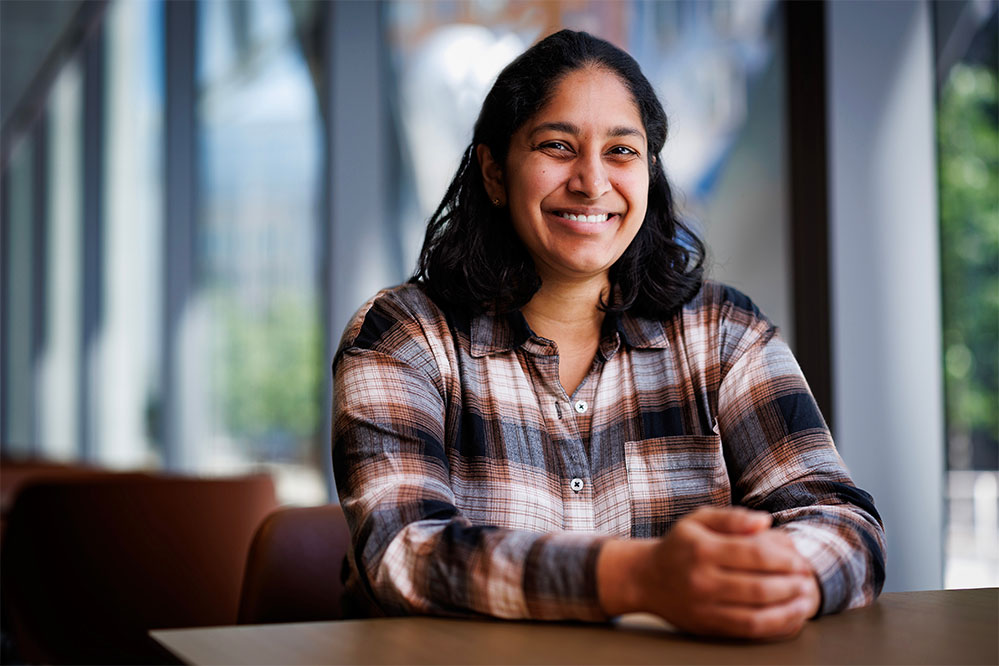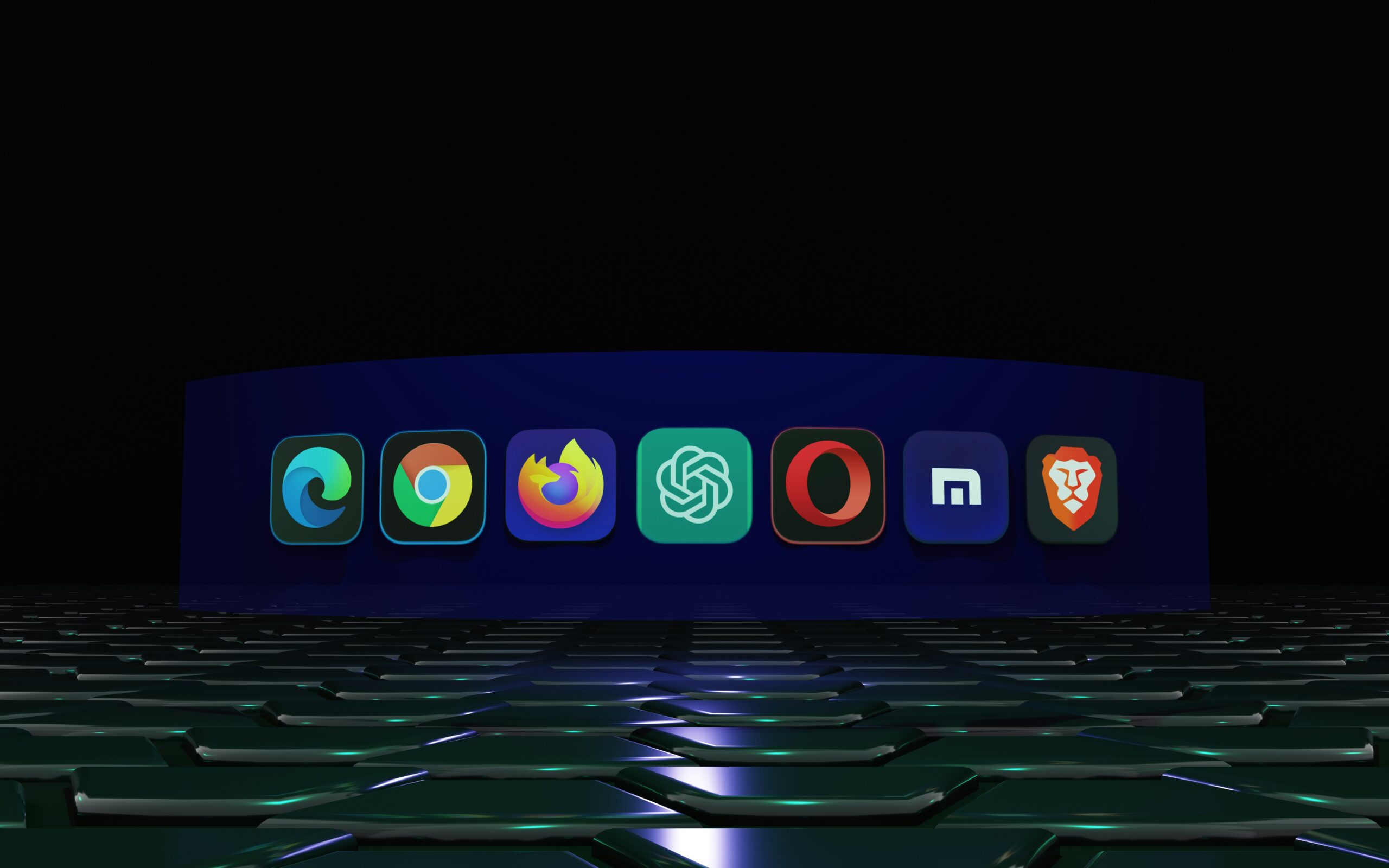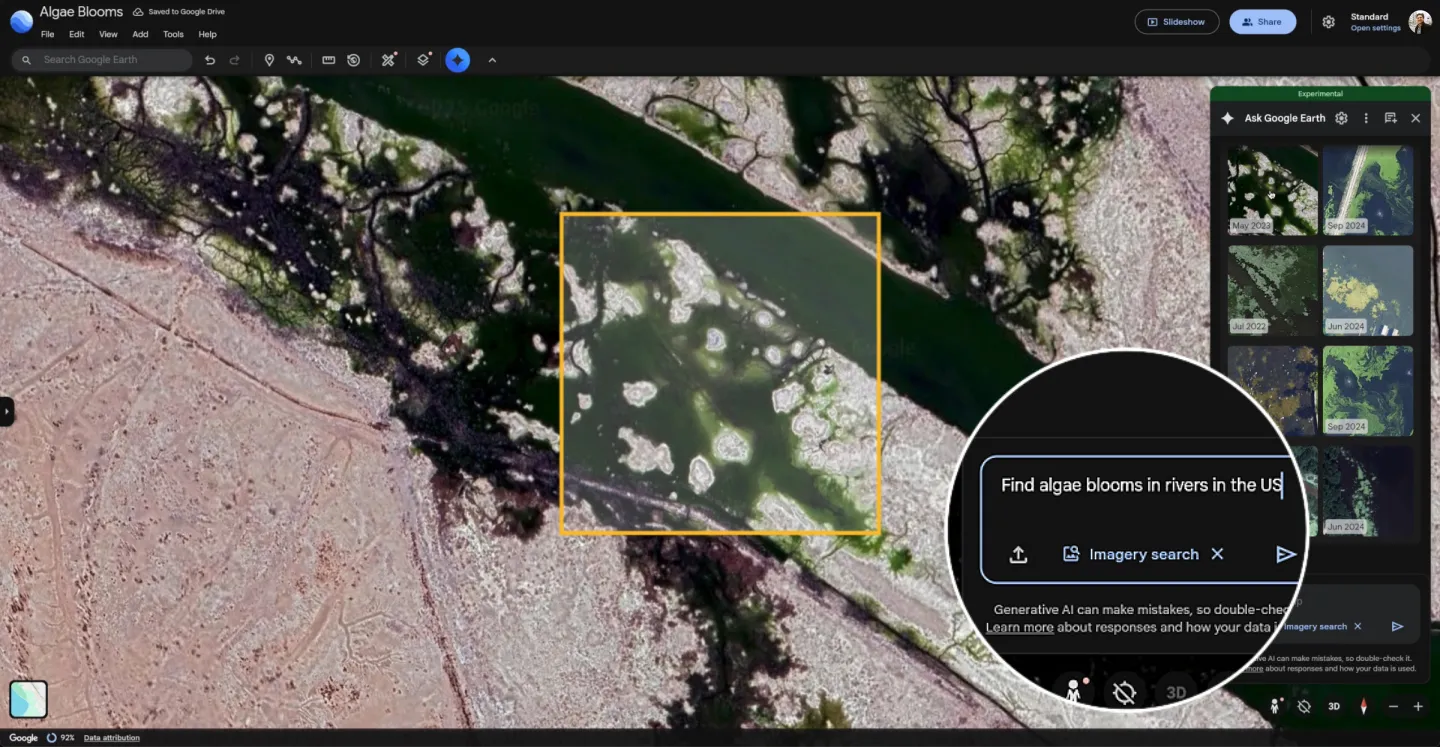
MIT researcher Priya Donti is advancing the field of artificial intelligence to create cleaner, more efficient energy systems. Her groundbreaking work integrates AI with electrical engineering to design smarter power grids capable of supporting large scale renewable energy adoption.
AI and the Future of Energy Systems
At the Massachusetts Institute of Technology, Priya Donti is developing machine learning models that optimize how electricity moves through grids powered by renewable sources like wind and solar. Traditional grid control systems struggle with the unpredictable nature of renewable energy. Donti’s AI driven solutions analyze real time data to make fast, accurate adjustments that balance supply and demand without compromising stability.
Her approach differs from conventional forecasting methods. Instead of treating grid management as a purely mathematical problem, her AI models integrate the physical laws governing electricity, ensuring decisions remain grounded in engineering realities. This fusion of computer science and electrical engineering could redefine how the world manages energy transitions.
Technical Insights and Applications
- Physics Informed Machine Learning: Donti’s algorithms embed electrical system constraints into AI models, reducing forecasting errors and enhancing reliability.
- Synthetic Data for Grid Training: Because power grid data is sensitive, her team creates realistic synthetic datasets to safely train AI systems while maintaining security.
- Real Time Optimization: Her research focuses on real time control methods that make renewable energy more responsive and cost effective.
Beyond her lab, Donti co founded Climate Change AI, an initiative linking computer scientists and policymakers to promote responsible, scalable AI applications for climate resilience. Her work is a prime example of how artificial intelligence can accelerate environmental progress while strengthening global infrastructure.
Lessons for AI Researchers and Engineers
- Integrate Domain Knowledge: Embedding physics and system rules within AI models enhances trust and performance.
- Support Interdisciplinary Learning: Collaboration between AI researchers and electrical engineers yields deeper, practical innovation.
- Focus on Societal Impact: AI innovation should align with sustainability and energy equity goals.
- Promote Open Research: Building accessible, transparent datasets encourages community driven advancement in climate technology.
Priya Donti’s work at Massachusetts MIT University reflects the next frontier of artificial intelligence, systems that not only compute but also comprehend the physical world. Her research demonstrates how AI innovations can help fight climate change, bridge global energy gaps, and transform education at leading schools for artificial intelligence.
Stay informed on AI innovations shaping our planet’s future. Follow AITimes.news for in depth AI news, research breakthroughs, and stories from top institutions like the Massachusetts Institute for Technology.






